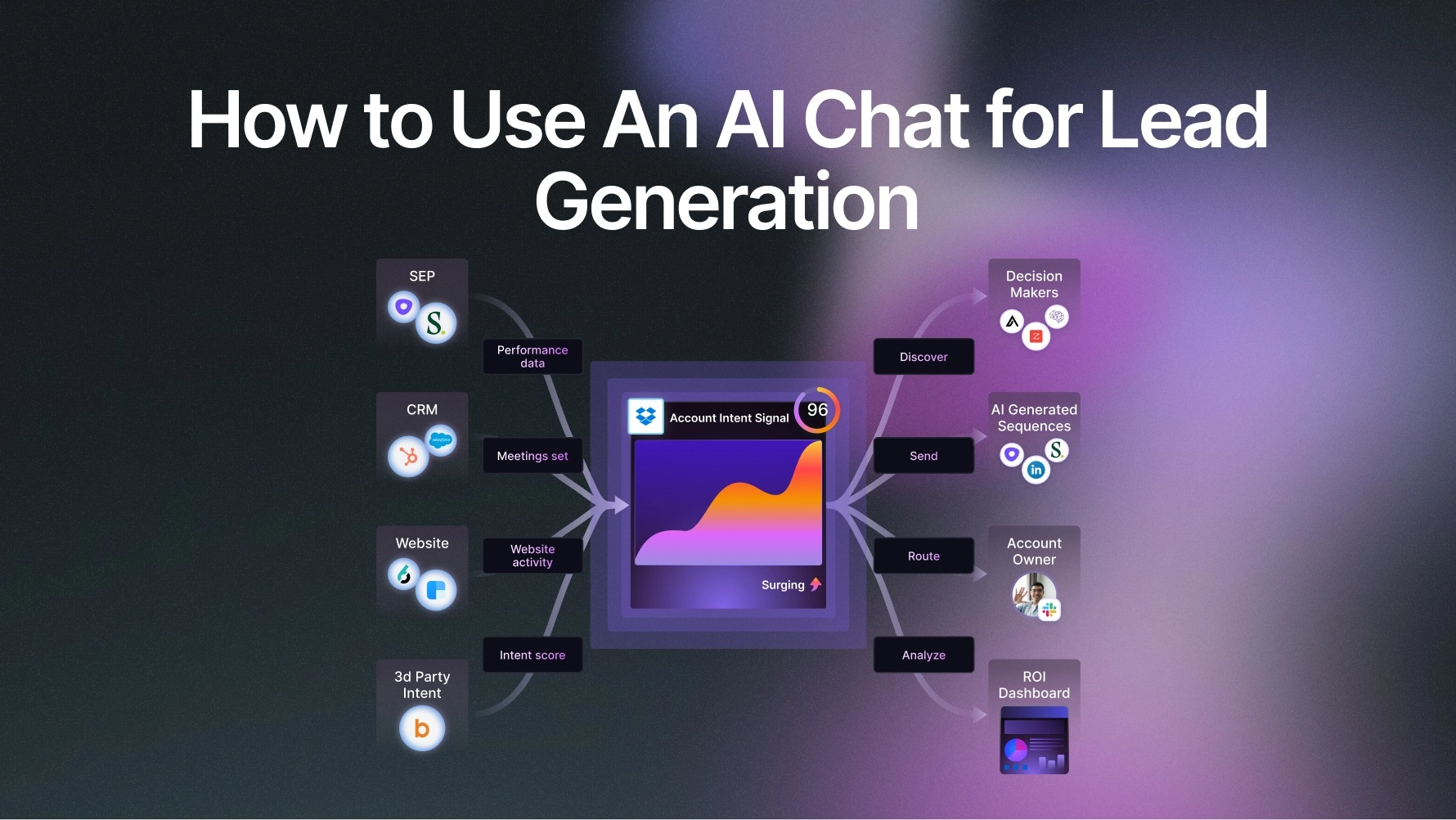In the modern digital environment, customer engagement is the lifeline of every successful brand. With audiences spending most of their time online switching between websites, social media, and mobile apps businesses are under constant pressure to provide real-time, personalised, and meaningful interactions. Chatbots have emerged as one of the most effective tools to achieve this goal. Far from being just automated response systems, today’s chatbots act as intelligent assistants that elevate customer experiences and strengthen brand loyalty.
1. Instant and Always-Available Support
Customers value convenience, and nothing says convenience like having access to help at any hour. Chatbots provide 24/7 customer support, answering common questions, assisting with bookings, troubleshooting issues, and even completing transactions. Unlike human agents limited by working hours, chatbots offer instant responses around the clock, ensuring no customer inquiry goes unanswered. This constant availability builds trust and keeps engagement high, particularly in industries such as e-commerce, travel, and service delivery where customers expect immediate feedback.
2. Personalized Conversations that Build Trust
Gone are the days of one-size-fits-all communication. Today’s chatbots leverage artificial intelligence and data analytics to provide hyper-personalized experiences. They remember user preferences, browsing behavior, and past purchases, allowing them to offer tailored recommendations and advice. For instance, a beauty brand chatbot might suggest products that match a customer’s skin type or tone, while a travel chatbot can offer vacation packages based on previous destinations. Personalization adds emotional value to interactions and turns routine conversations into opportunities for deeper connection.
3. Seamless Integration Across Devices
Modern customers move fluidly between their devices starting a conversation on a website, continuing it on a mobile app, and sometimes even finishing it through messaging platforms like WhatsApp or Facebook Messenger. A well-designed chatbot can seamlessly continue these conversations across platforms without losing context. This continuity not only enhances convenience but also reinforces brand professionalism and consistency. Businesses that provide smooth cross-platform experiences often see higher satisfaction and loyalty rates because they make engagement effortless.
4. Streamlining Lead Generation and Sales
Chatbots are no longer limited to answering questions they have become powerful sales and marketing tools. By asking strategic questions, they can collect user details, qualify leads, and direct them toward the right sales channels. In e-commerce, chatbots can recommend complementary products or offer exclusive discounts to encourage quick decisions. In real estate, they can pre-screen potential buyers and schedule consultations automatically. This kind of automation frees up time for sales teams while ensuring that no opportunity is lost.
5. Guiding and Enhancing the User Experience
For new visitors, navigating a website or app can be overwhelming. Chatbots serve as digital guides, directing users to relevant sections, explaining services, or providing tutorials on how to use certain features. This guidance reduces bounce rates and helps users achieve their goals faster, leading to a more enjoyable experience. In mobile apps, chatbots can act as onboarding assistants, welcoming new users and helping them discover key functionalities. The result is smoother navigation and longer engagement times.
6. Encouraging Interaction and Engagement
Chatbots can turn ordinary customer service into engaging experiences. Through polls, quizzes, games, and feedback forms, they make communication interactive rather than transactional. For instance, a chatbot can run a short quiz to help customers find the best product or collect feedback in a fun, conversational tone. These micro-interactions keep users entertained and invested, while also providing businesses with valuable insights about customer preferences and satisfaction.
7. Cost Efficiency and Improved Productivity
Implementing chatbots can significantly reduce operational costs by automating repetitive tasks such as FAQs, order tracking, or appointment scheduling. This automation allows human agents to focus on complex and high-value interactions that require empathy, creativity, or problem-solving skills. As a result, businesses can handle higher volumes of inquiries without increasing their workforce, leading to better efficiency and scalability.
8. Data Insights and Continuous Improvement
Every conversation a chatbot handles generates useful data. This information can reveal customer behavior patterns, frequently asked questions, product preferences, and even potential areas of improvement in your business. By analyzing chatbot analytics, brands can refine their communication strategies, adjust marketing campaigns, and improve customer satisfaction. Over time, the chatbot itself becomes smarter, learning from every interaction to deliver more precise and relevant responses.
Conclusion
Chatbots have evolved from simple automated responders into intelligent engagement tools that enhance the entire customer journey. By offering instant support, personalised experiences, seamless integration, and valuable data insights, they empower businesses to connect with audiences more efficiently and effectively. Whether used on websites or mobile apps, chatbots are transforming how companies communicate making interactions faster, smarter, and more human.
Businesses that embrace chatbot technology are not just keeping up with digital trends; they are shaping the future of customer engagement. By blending automation with empathy, chatbots create experiences that resonate with modern customers and strengthen brand loyalty in an increasingly competitive market.
